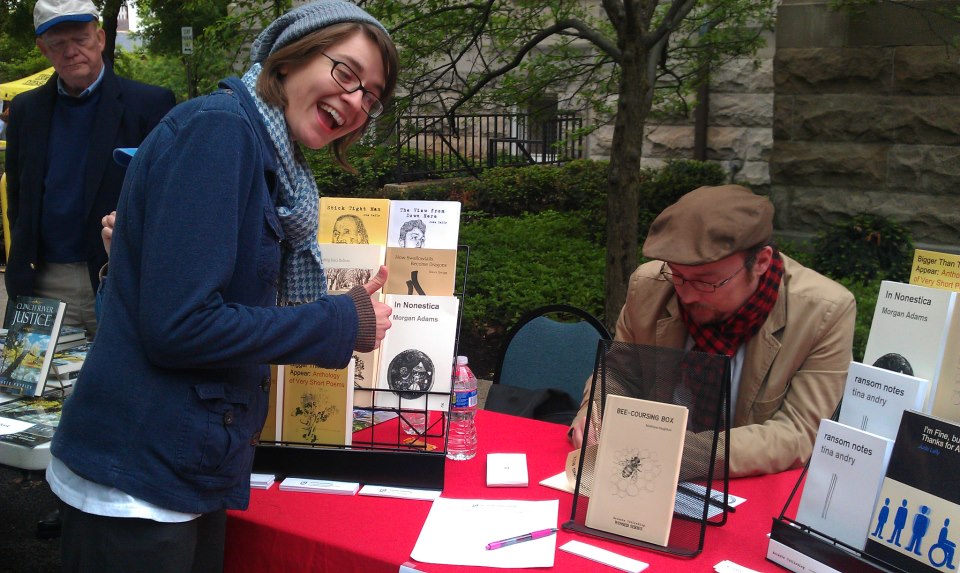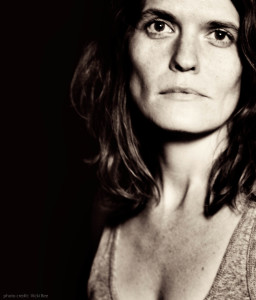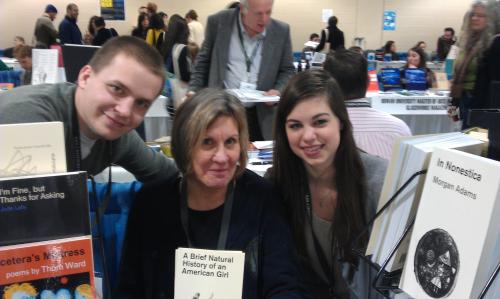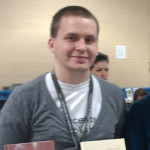In case you missed the first part of our interview with Bianca Spriggs (in which she discussed being nomadic, Affrilachian, and pluck! The Journal of Afrilachian Arts & Culture), click here to check it out!

Your blog’s tagline is “author, artist, activist”. I’m going to ask about the activism in a second, but I’m curious what kind of art do you make besides poetry?
A little bit of everything. Poetry is my first genre love, but I’ve actually always suspected I’m a speculative fiction writer at heart, and was adamantly told so by novelist Sarah Micklem when I read at The New School this past Spring. I keep a tight lid on my prose mostly because I feel like a foreign exchange student when I try and tackle it, but occasionally things will leak out. I’d written a poem about a dragon in a bathroom and Sarah was like, “We need you on our team.” I’m cracking up right now because we both got really excited during the conversation and it meant a lot to hear such an accomplished author call me out like that. So, I have to now confess, I write fiction and creative non-fiction too.
I am also an actor, a multimedia visual artist, and have directed a few short films. I say I’m a writer primarily because, as you can see, I’m a bit long-winded, but I love being able to tell stories in any medium. I don’t like the idea of restricting myself because stagnation terrifies me. I know I’m on the right track with something when I feel nervous and anxious and sort of like, “Can I really pull this off?” I feel very grateful to have been gifted the ability to adapt my stories to different outlets, whether it’s a painting, or a sculpture, or a short film, or collage. For me, the vehicle is less important than the content. The content dictates the form. I’d never made resin casts of skulls before The Thirteen but I figured it out because I knew it had to be thirteen skulls which were a little scary but also beautiful to behold. There was no other way for me to get my point across with that aspect of the narrative. Working in other media actually bolsters my writing because I can now think about a poem like a filmmaker, or like a painter, or a collage artist, or a performer, but I can think about all those things like a poet. It’s all one and the same for me because I believe hybridity and fluency in other media are crucial to the next evolutionary phase of artists and writers. Continue reading







